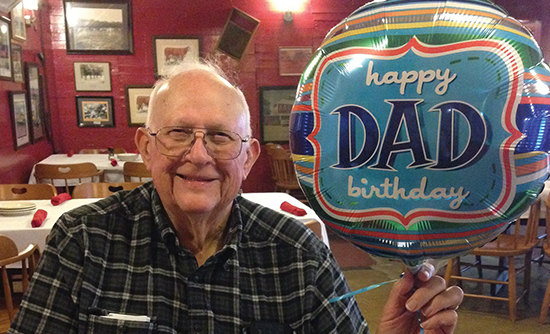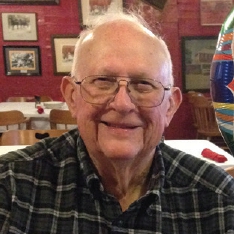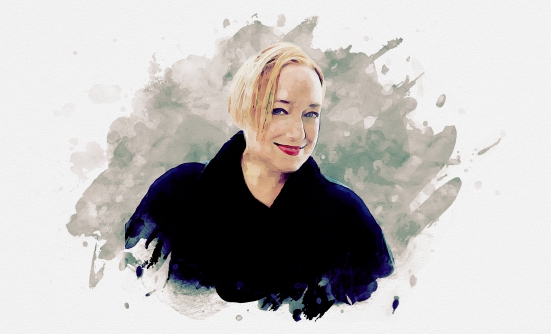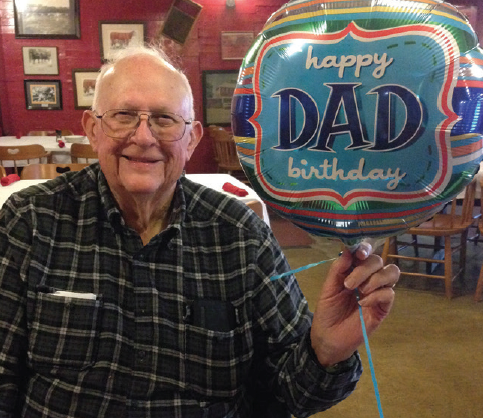
I am trained as a surgeon to work in the fields of science and medicine, but it is hard not to get philosophical when talking about my journey with cancer. I often stop and think about how the universe formed so many billion years ago, yet here I am at the exact right place, at the exact right time that I needed to be to beat this cancer. A few years earlier, and I might not have made it this far.
Second Most Common Cancer
My journey started in 2014, after finding a spot on my right temple. I was diagnosed with a skin cancer called cutaneous squamous-cell carcinoma, which is the second most common cancer in the United States. Exposure to the sun is the main cause of this cancer.
Although I’ve recently been more cautious about sun exposure, in my youth I had spent many summers on my grandparents’ farm and then as a surgeon during the Vietnam War.
I had the spot on my temple removed, and my doctor assured me that everything should be fine, which it was for a while. About 1 year later, I felt a lump in my jaw, which turned out to be a tumor in my parotid gland, meaning that the cancer came back in a different location. I had surgery to remove the parotid gland and the adjacent lymph nodes.
A few months later, the cancer returned, this time in my neck, and it had doubled in size. I had surgery to remove most of the muscles in the right side of my neck and started radiation and chemotherapy.
An Eye-Opening Experience
As a surgeon, I have spent much time operating and working with patients with cancer. Being on the other side of the diagnosis was eye-opening. I discovered that receiving cancer treatment is a full-time job. You have something to do almost every day during treatment, and it will wipe you out. I haven’t been able to perform surgery since starting treatment, and at this late point in life, I likely won’t be able to get back into the operating room.
Even though I received radiation and chemotherapy, in January 2016 I had 2 new tumors on the skin under my chin. The tumors were removed, and a biopsy confirmed that this cutaneous squamous-cell carcinoma was metastatic (spreading). I had 6 weeks of radiation to the neck, but by March 2016, a CT scan showed that the cancer returned. It seemed that I had no options left.
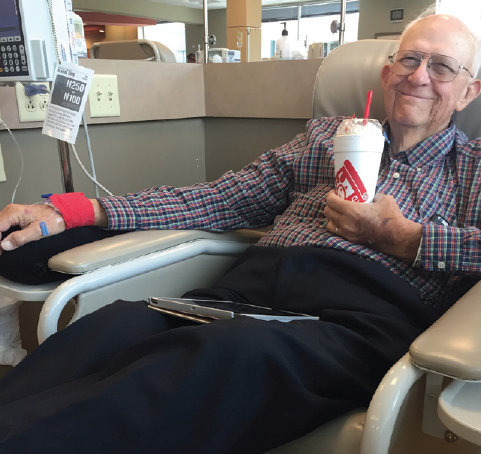
The Last Hope: Clinical Trial
When my oncologist mentioned a clinical trial that might help me, I simply asked: “When can I start?”
I was impatient about trying a new drug. I knew I had to join that clinical trial. We were already making funeral arrangements before that. I understood what was going to happen if something did not change.
On March 22, 2016, after joining the clinical trial, I started treatment with a new immunotherapy, as part of the phase 1 clinical trial that was conducted at the START Center for Cancer Care in San Antonio. At that time, the drug, now known as Libtayo, was not yet approved in the United States and was only available through this clinical trial.
Every 2 weeks, I received an infusion of this drug over 1 or 2 hours. The side effects of the immunotherapy were not too severe, although I did lose my thyroid glands and now have to use thyroid hormone to replace my thyroid function. The immunotherapy treatment causes itchy areas on my skin, which can be very distracting. I used a lot of steroids to control the itching. During treatment, I also started exercising more and changed my diet, which helped.
Treatment Team & Family Support
I found that many things come into play when you are in treatment. It’s not just the medicine, but all the accompanying treatments, the support you get, the education you receive, and the effort you put in to help yourself that can make a difference.
In addition to the great care I received from my treatment team, the support I received from my wife and 4 children was critical. They would come with me for treatments, help me travel to different places, and keep me on track. We have our own little network, and we text pictures in treatment, in the radiation machine, and other times. Everybody is on board—it’s a team effort. It takes many people to accomplish success.
For a while, I did not know if the immunotherapy was working. I could see the results on the CT scans, so I knew that everything appeared to be stable, and eventually the CT was negative, showing no tumor, but I did not know what my blood tests were showing. Then after a year of treatment, I was told I was a survivor. This meant that the cancer was in remission (there were no signs of cancer).
Remission: A New Lease on Life
Reaching remission is absolutely amazing. It’s like winning the lottery, it’s like winning World War II. You’re in a battle against cancer, and you’re a survivor.
I have been in remission now for more than 2 years, with no further treatment and no sign of cancer.
I probably feel better now than I did before I had cancer. It’s changed who I am. I am on a mission to try and teach other people—patients and doctors—about this new immunotherapy. Many people have never heard about this immunotherapy called Libtayo, even doctors. I was recently at a surgery meeting, where I was asked how I was doing. I would tell them about the treatment I received, and my colleagues were amazed.
My mission is to get the word out to everybody who is affected by this type of skin cancer about how to get into treatment. The treatment landscape for skin cancer is changing so rapidly; we’re now curing metastatic melanoma, which was unheard of a few years ago.
The Gift of Life: Libtayo for Metastatic Cutaneous Squamous-Cell Carcinoma
Based on the results of the phase 1 and phase 2 clinical trials, in September 2018, the FDA approved Libtayo (cemiplimab-rwlc) as the first drug, and the only immunotherapy available for the treatment of patients with advanced or metastatic cutaneous squamous-cell carcinoma who are not candidates to have curative surgery or radiation.
I am proud to have been a part of the clinical trial that helped lead to this FDA approval. I am lucky that I had the opportunity to be a part of it.
As a doctor and a surgeon, I appreciate the science behind it, but I am also in awe that I was put here on this earth in this time frame that this drug would be there for me, when I most needed it.
So, this was a gift. A gift of time and a gift for me, and I’m trying to figure out how I’m going to use this time that not too long ago I didn’t think I would have.
I believe I still exist for a reason. It’s hard to examine your whole life, but it’s been a good trip for me. It’s been a good journey, and I’m having fun, but there are still challenges ahead in this adventure.
Patient Resources
American Academy of Dermatology
www.aad.org/public/spot-skin-cancer/learn-about-skin-cancer/types-of-skin-cancer
National Cancer Institute
www.cancer.gov/types/skin/patient/skin-treatment-pdq





